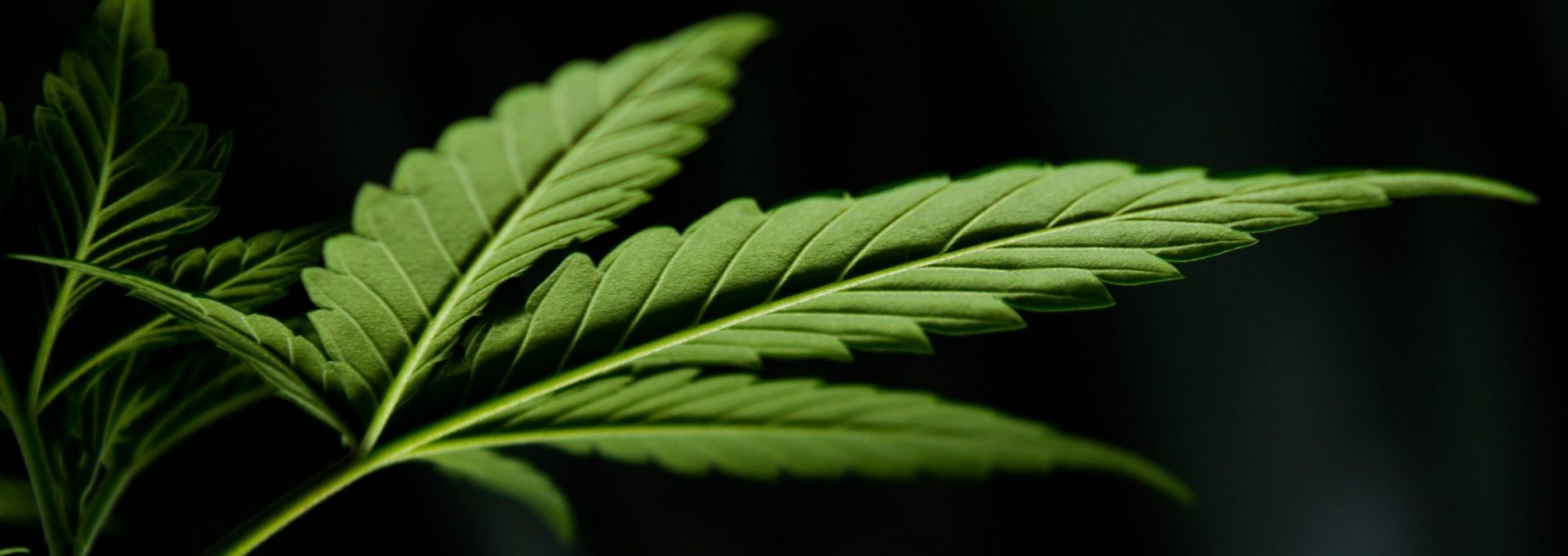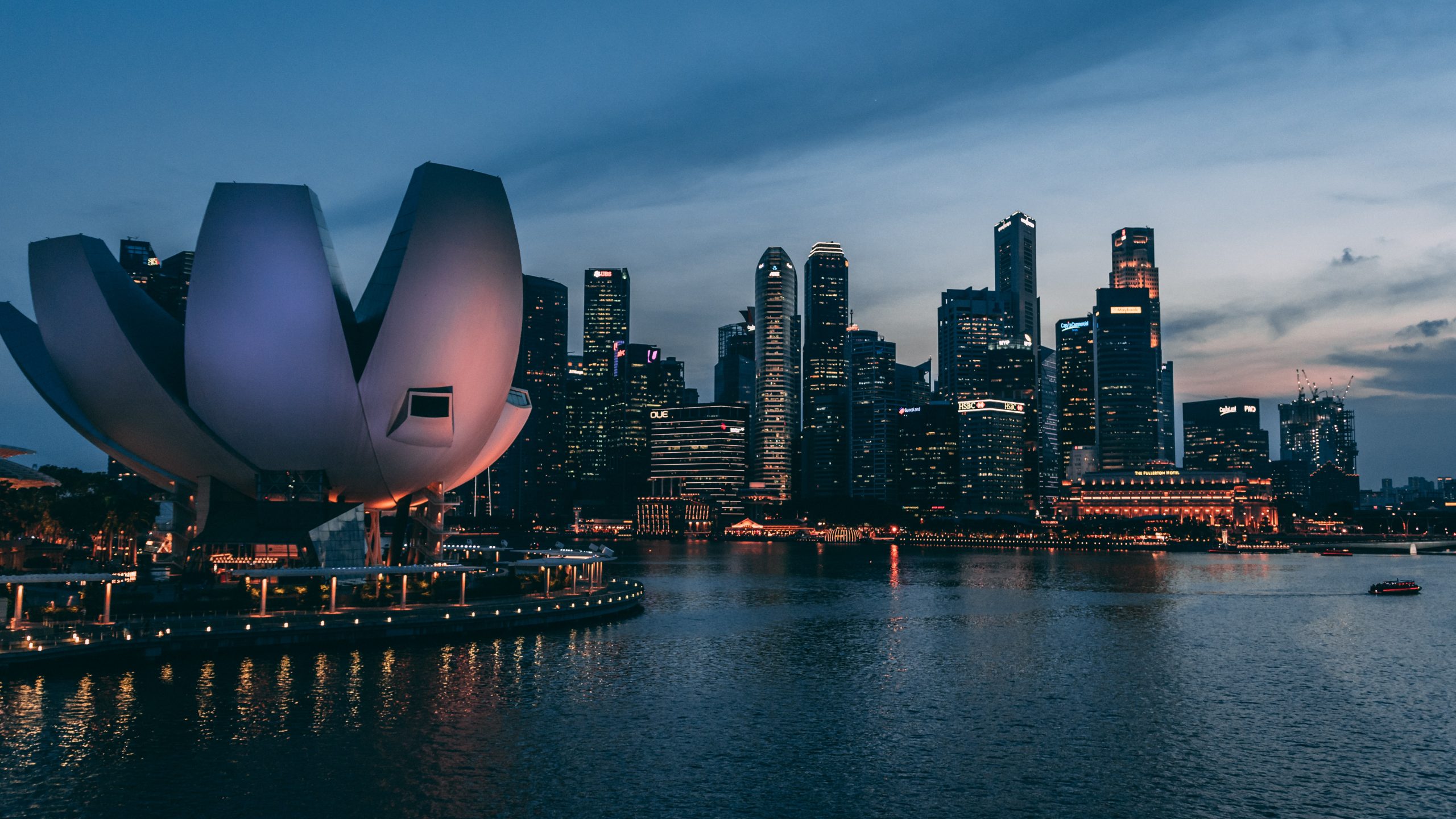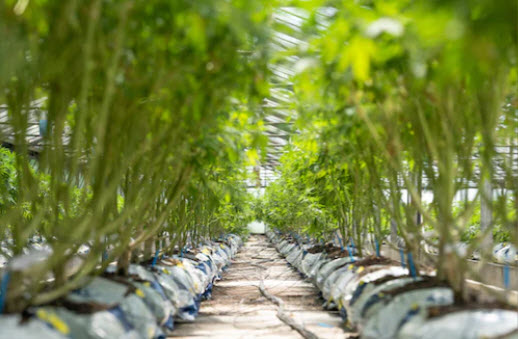The international attention paid to this case – as well as Brittney Griner – will help to elevate the entire discussion about sports meds as well as the need for global recreational reform
In the second high-profile case this year involving cannabis and internationally accomplished athletes, Singaporean athlete Joseph Schooling has been penalized at home for using cannabis in Vietnam. So far, the case has focussed on his supposed “recreational” use abroad – even though it appears that the athlete was, beyond being on break, mourning the death of his father.
Because presumably, Schooling has tested negative, his punishment has been to destroy his promising sports career by mandating that he return full-time to finish his military service. This may sound harsh, but the situation could have been far worse given domestic laws about cannabis. He and national swimmer, the 29-year-old Amanda Lim, who also admitted cannabis use (and was subsequently issued a warning by the Central Narcotics Bureau) as a result, have become very public faces of the cannabis reform discussion in Singapore (where it is still possible to receive the death penalty for “trafficking.”)
Coming as it does less than a month after the sentencing of American athlete Brittney Griner in Russia, not to mention in an environment where countries in Europe are considering recreational reform and a few in Asia reconsidering their medical use laws, it was bound to ignite a new flash fire about the global regulation of cannabis. Including, of course, the use of cannabis (both for medical and “other” use) by top athletes.
The idea of a person being penalized for cannabis use at home, even though the cannabis was consumed abroad is actually still not an unusual situation. Japan, China, and South Korea warned its citizens living in Canada about the possibility of prosecution for cannabis use in 2018.
The Sleeping Asian Cannabis Giant
Thailand has made news not just in the West, but also the 46 other Asian countries where cannabis remains not only illegal, but where possession (let alone anything else) is still harshly punished. The vast exception of course remains Israel.
This is of course, highly ironic, given that cannabis is indigenous to the region. Beyond this, China is the top hemp producer on the planet (at least commercially and for industrial use).
Some of this absolutely dates from the 1970s – but in some places, this antipathy to cannabis in particular, dates back to colonial periods where cannabis was used, much like tea, as a crop highly linked to oppression by foreign countries (notably the British).
That said, despite the threat of severe punishment (which apart from death sentences) is not all that different from the United States at present, this part of the world is certainly poised for its own turn in the global green revolution. That said, “reform” here is likely to be of a different sort widely seen in the West, if not Latin America and Africa so far.
See Thailand as a prime example – with Malaysia primed right now to follow suit, presumably at the end of this year.
It may be, in fact, that reform in this part of the world is the final push to normalize the entire cannabis discussion – namely commoditizing the plant – and further doing so in a way that is far more sustainable than current models currently seen in other places.
That reform is inevitable, no matter how resistant Asian countries seem to be at this point, is not debatable. The question is when that tipping point will reach critical mass. That said, the transition has clearly begun, no matter the martyrs now globally recognized as such, who are still sadly sacrificed along the way.









